Personal Safety
8 Basic Survival Skills Everyone Needs to Know When Things Go Bad
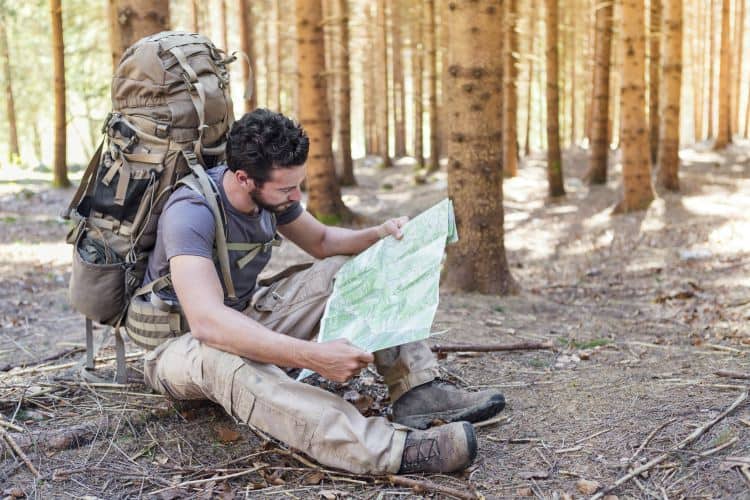
Those who have not lived through a survival scenario, such as a natural disaster or economic collapse, cannot comprehend how previously learned trades and skills for survival increase your resourcefulness during such events.
Trades and Skills for Survival
Land navigation will prove useful when having to relocate during a natural disaster or if under imminent threat. While other skills such as farming and filtrating water will ensure long-term survival. It is imperative that while society still abides by law and order that you learn as many trades and skills as possible to prepare for any survival scenario.
#1 Gun Smith and Automotive
Your knowledge of repairing vehicles, weapons and various tools is priceless, especially when the time matters most. Weapons malfunctions will virtually put you in the stone age when defending against attackers and hunting for food. If traveling to safe locations vehicle repair knowledge will increase your ability to travel further distances. The individuals who take it upon themselves now to learn how to repair their weaponry and vehicles are already taking a step in the right direction regarding survival skills. Basic knowledge will still prove to be beneficial as opposed to not having the knowledge at all.
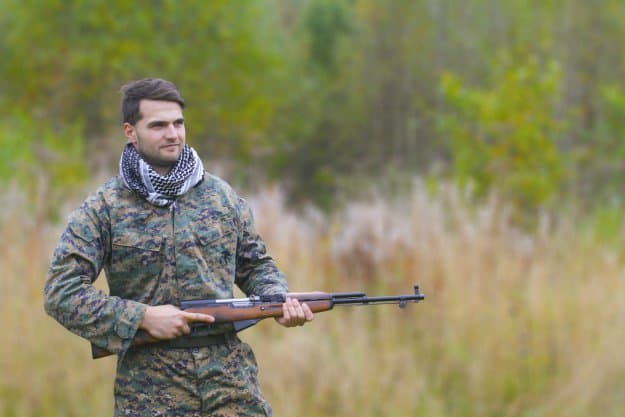
# 2 Construction and Building Fortifications
Very few of us get the opportunity to build a house with our own hands. Having basic knowledge in building primitive forms of shelter will ensure survival through rough weather conditions and cold nights. It is wise to learn how to construct fortifications using just the elements around you. Whether it is a clay shelter or a log cabin take the time to learn the important steps for building shelters and constructing fortifications.
# 3 Irrigation, Farming and Water Filtration
If you live in a major metropolitan area than it is crucial to learn basic irrigation, farming, and water filtration techniques. Many of those who live in suburban areas have the benefit of local farms or even backyard livestock and naturally, have a bit more experience regarding basic farming and care for livestock. Purchase books in advance on these subjects as the topics are vast and vary from plant to plant and animal to animal. Water filtration techniques can be applied to both natural elements and materials that can be stored beforehand. Research maintenance tips for livestock such as chickens slowly moving onto larger animals as well as vegetables such as potatoes, corn, beans, and squash.
# 4 Medicine and Nutrition
Basic medicine and nutrition are of one of the utmost important skills for long-term survival. Whether it is immediate care for a wound or basic nutrition for proper health, this knowledge needs to be known. Basic medicine and nutrition also apply to livestock and vegetation that is being cared for as well. Every survivor of the group, including livestock, will need a well-balanced diet to maintain proper nutrition. In case sickness does occur, knowledge regarding how to treat illness with basic remedies will be just as important. These include remedies for sore throats, fever, achy muscles and of course proper bowel movements.
It is likely in a survival situation that relocation on foot will be necessary. To achieve this; land navigation skills will need to be learned and applied. This includes compensating for magnetic inclination or declination depending on which region you will be traveling to and from. If maps are not available than knowledge regarding astronomy will need to be known in order to travel distances using the north star by night. As well as skills in cartography will be necessary in order to create temporary maps for members of the group to navigate with.
#6 Trapping and Tracking
If a firearm is not available than tracking and trapping will need to be learned. Tracking footprints will help to locate an animal or a common trail used by animals in order to set up a trap. Traps will vary depending on the size of the animal. For example, smaller animals can be trapped using simple snares; larger animals, such as deer and bear, will require more sophisticated traps. Study the different traps needed for all sizes of animals and be sure to have in your survival storage traps needed to capture these animals without the use of a firearm.
#7 Reconnaissance and Observation
Reconnaissance could make the difference between life and death. Being able to observe from a distance the actions of a potential threat could help determine if that group is, in fact, a threat or not. Different techniques can be used to apply a reconnaissance mission whether it is techniques adopted from a sniper/stalker background or utilizing surveillance technology. Observing a group will give you a better idea of what the group you may encounter may be after or may be in need of.
# 8 Bartering
When reconnaissance and observation turn positive it could lead to discovering multiple groups to network and barter with. Material goods and services will be of most value. What was once taken for granted will be considered a commodity such as having additional coffee to trade. Network for information regarding safe zones and aid for the entire group. Barter commodities that are in plenty and that will not be needed for future use such as ammunition. Do not reveal items that you have that you do not want to barter as to avoid being attacked.
Up Next: 5 Emergency Water Storage Tips For Preppers Like You
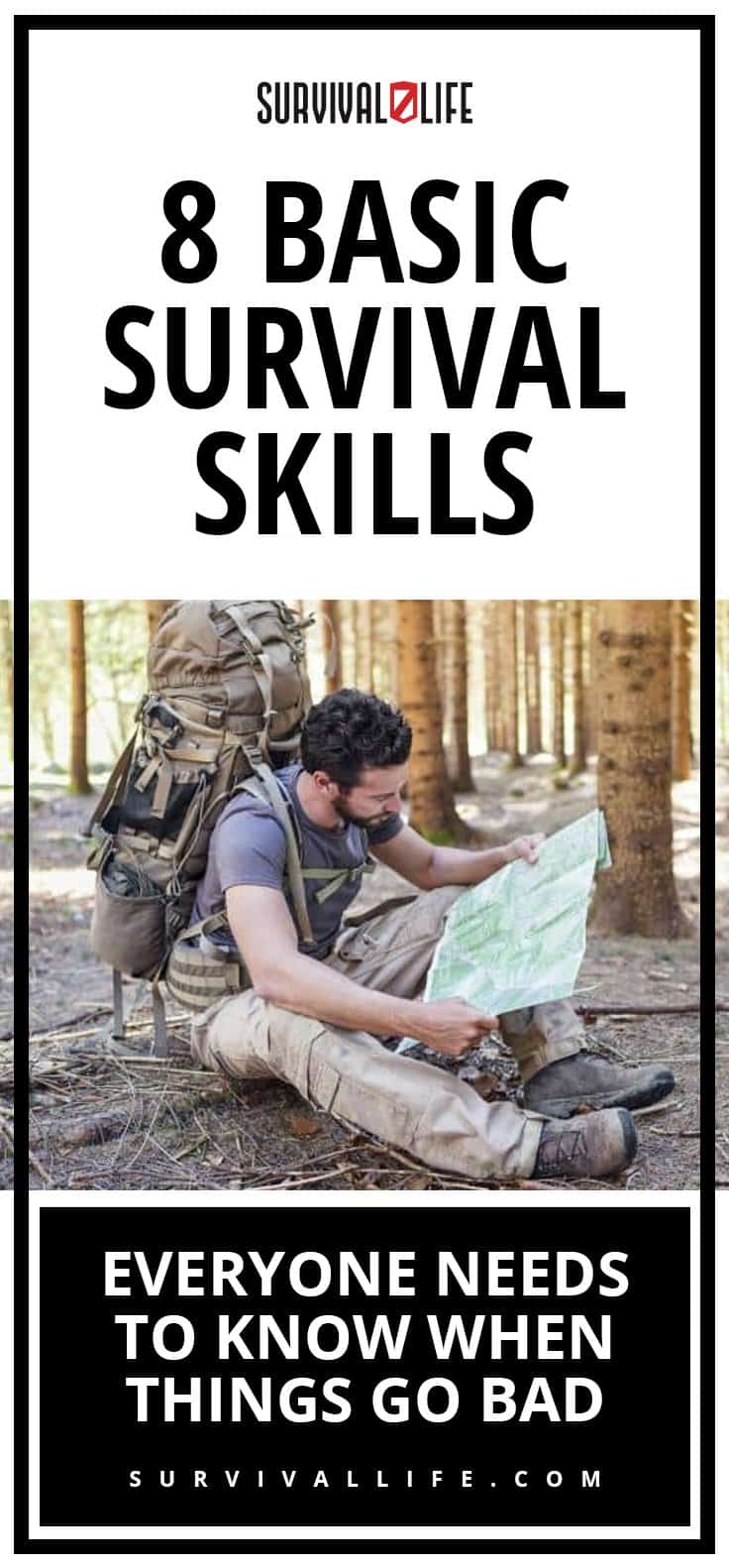
-

 Do It Yourself7 months ago
Do It Yourself7 months agoParacord Projects | 36 Cool Paracord Ideas For Your Paracord Survival Projects
-

 Do It Yourself9 months ago
Do It Yourself9 months agoHow To Make Paracord Survival Bracelets | DIY Survival Prepping
-

 Do It Yourself9 months ago
Do It Yourself9 months ago21 Home Remedies For Toothache Pain Relief
-

 Do It Yourself10 months ago
Do It Yourself10 months agoSurvival DIY: How To Melt Aluminum Cans For Casting
-

 Exports8 months ago
Exports8 months agoAre Switchblades Legal? Knife Laws By State

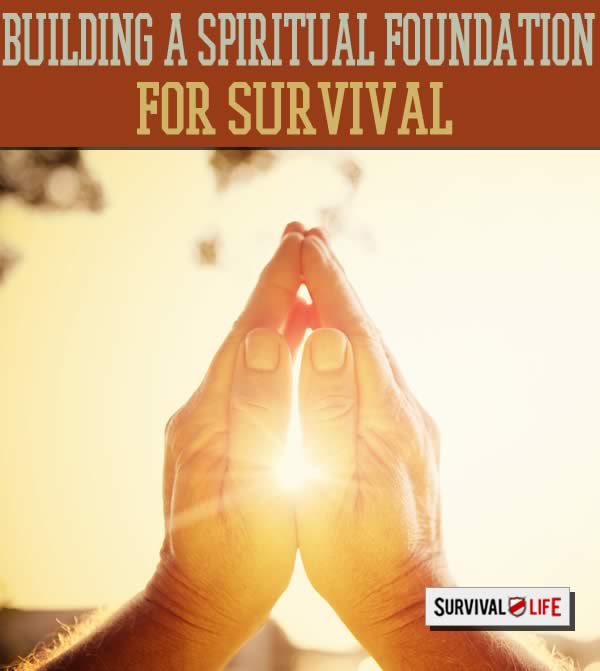
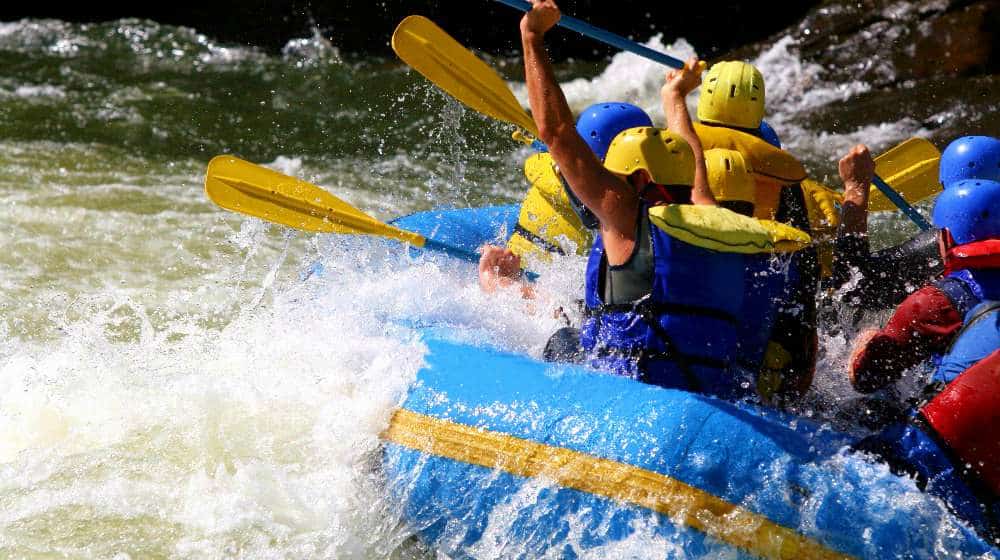
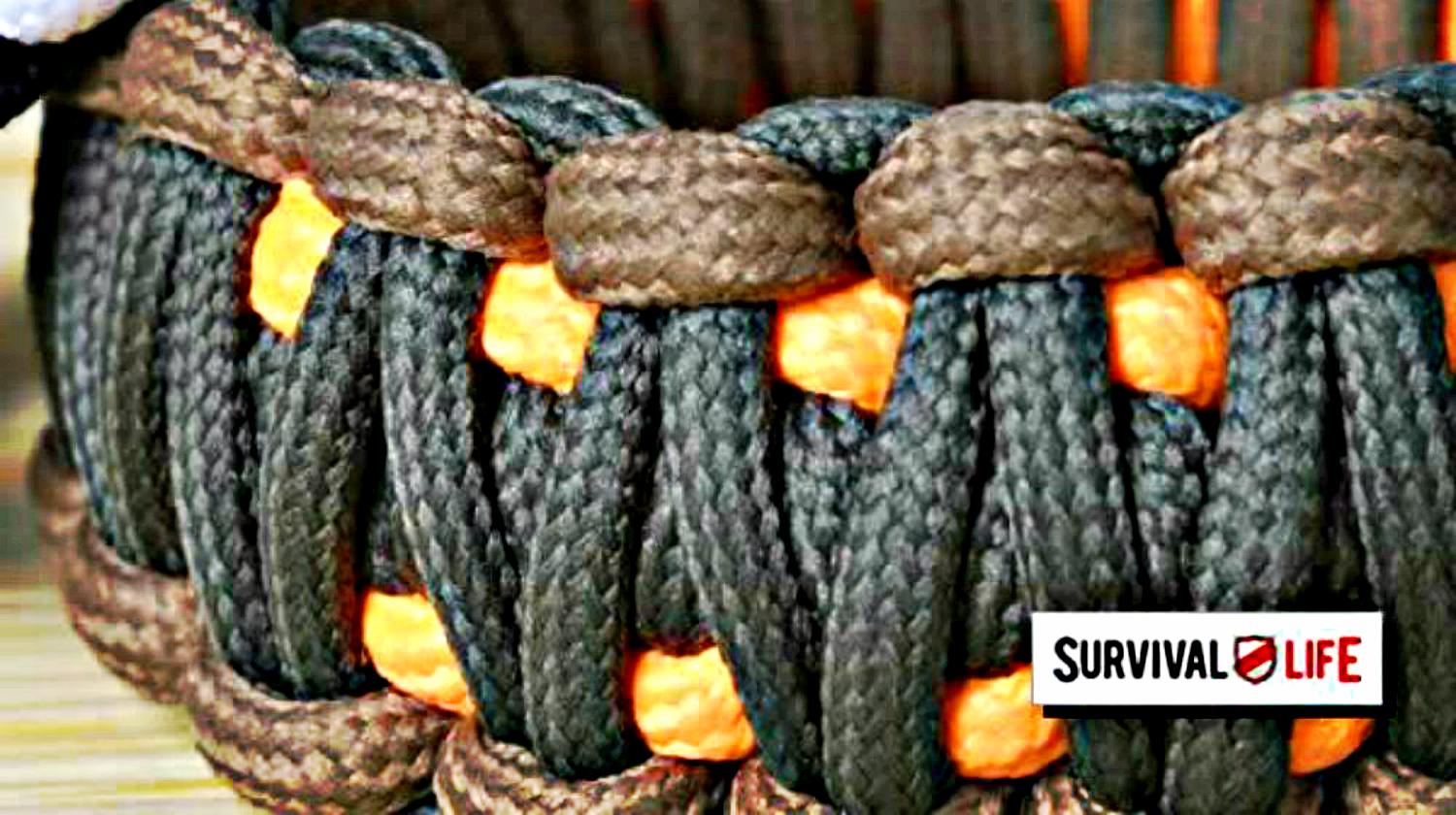

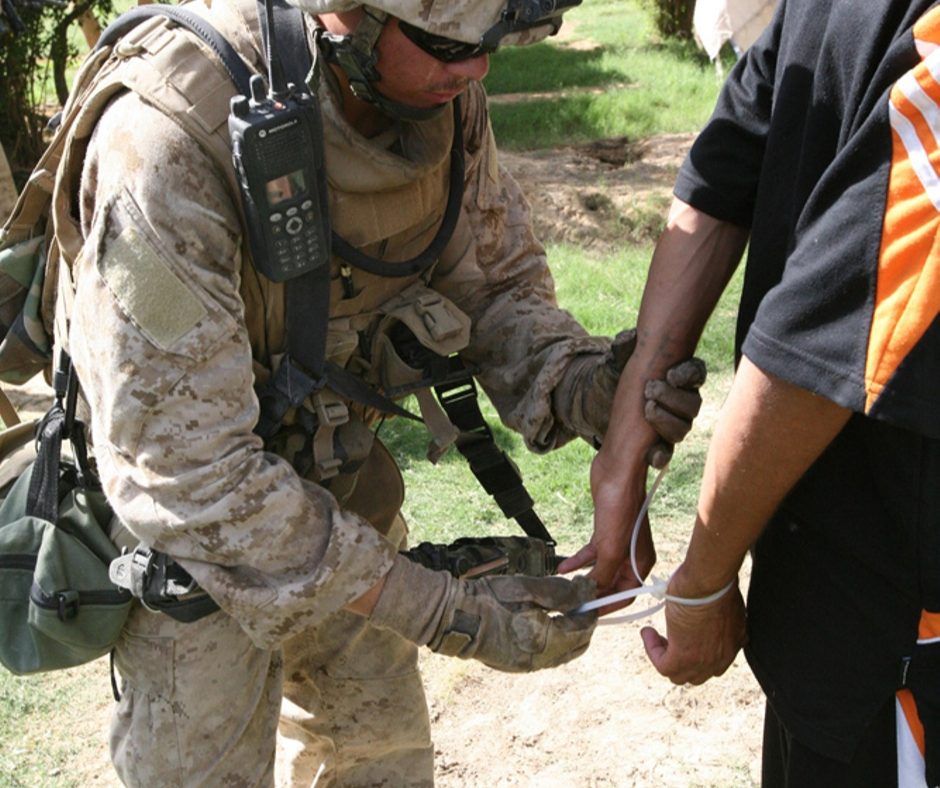
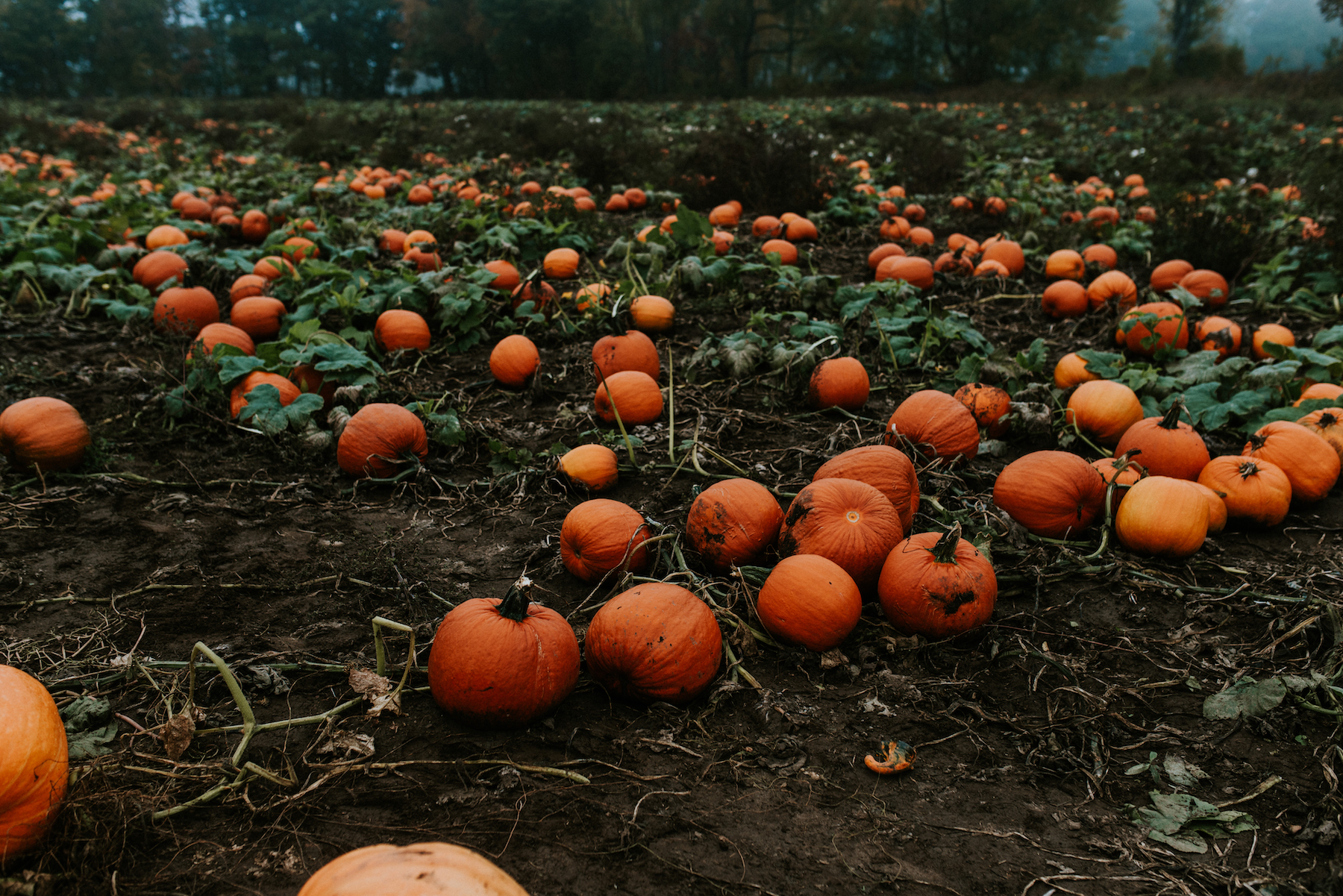

Pingback: 8 Basic Survival Skills Everyone Needs to Know When Things Go Bad | survival
Pingback: Bug Out Truck Upgrades: Accessories For Your 4X4 - Survive!